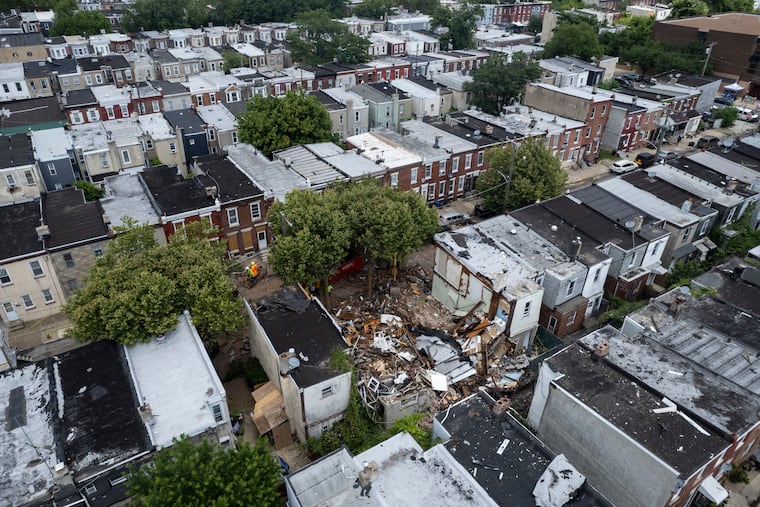Federal judge halts Trump administration’s attempts to prevent implementation of congestion pricing.
A Manhattan federal judge has intervened in a contentious dispute over congestion pricing in New York City, blocking the federal government from unilaterally terminating the program while an ongoing lawsuit is pending. Judge Lewis Liman issued a preliminary injunction on Wednesday against Transportation Secretary Sean Duffy and the U.S. Department of Transportation (USDOT), effectively halting any efforts to dismantle the tolling system.
This judicial order comes just one day after Liman implemented a temporary restraining order, which prevented the federal government from taking action for a brief two-week period. The injunction represents a significant legal victory for New York State, as it prohibits Duffy and the USDOT from executing any compliance actions, including withholding necessary federal funds and approvals that are essential for local transportation projects while the legality of the federal efforts to terminate the congestion pricing program is under judicial review.
The 109-page order clarifies that Duffy and the USDOT are expressly prohibited from engaging in any measures that could jeopardize the implementation of the tolling program established under New York’s Traffic Mobility Act of 2019. This legislation was designed not only to alleviate congestion in New York City but also to secure billion in bonds earmarked for various Metropolitan Transportation Authority (MTA) projects. The decision underscores the potential ramifications of federal interference in state-sanctioned initiatives.
Since the program’s inception in January, tensions have escalated between state officials and the federal government. Following the MTA’s lawsuit against Duffy, the Transportation Secretary issued multiple deadlines demanding an end to the tolling. His threats included the possibility of withholding federal funds for highway projects in Manhattan, refusing to approve local projects under the National Environmental Policy Act, and denying amendments from the New York Metropolitan Transportation Council.
In his reasoning for the injunction, Liman acknowledged the potential for irreparable harm to New York, noting concerns about delays in public works projects, disruptions to the bond market, and the undermining of state authority following a democratic process for enacting the tolling law. MTA’s general counsel, Paige Graves, expressed cautious optimism following the ruling, indicating the significance of the court’s decision for the future of congestion pricing in New York.
With the legal battle now poised to unfold over the long term, the outcome may carry implications not only for New York but also for the broader context of state and federal relations in the realm of transportation and infrastructure policy.







